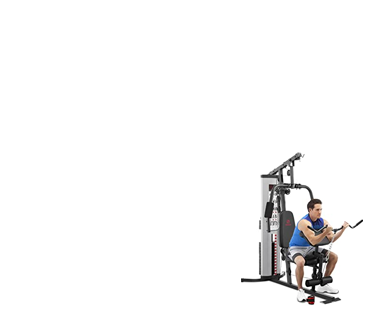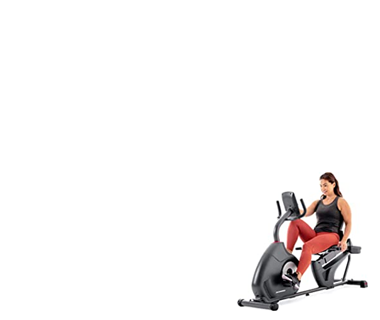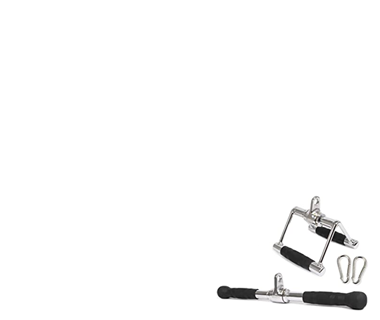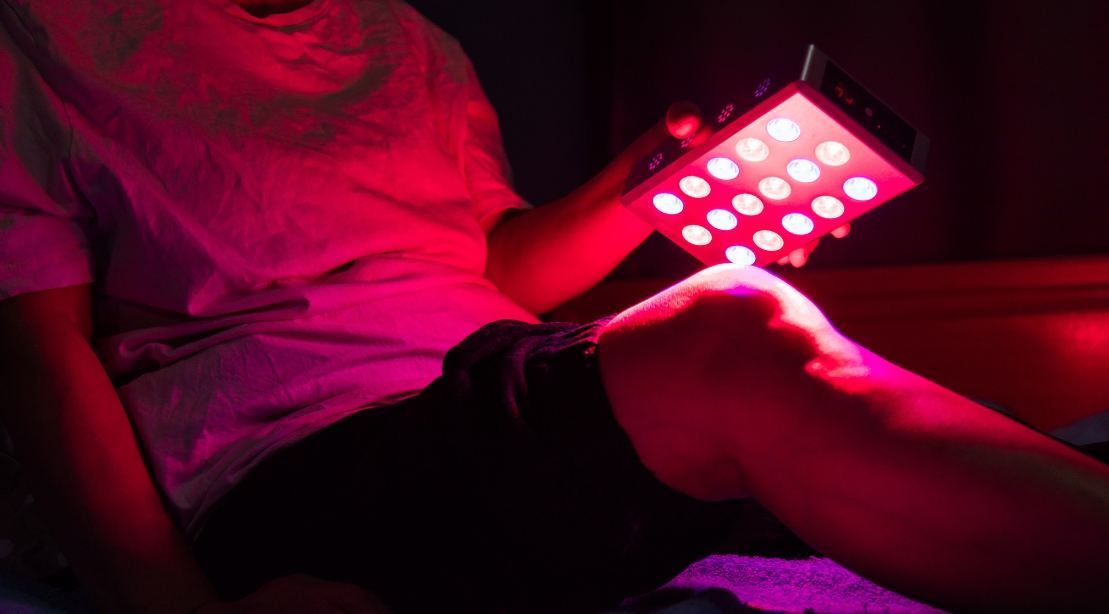How to Get the Most Out of Red Light Therapy: Tips for Optimal Benefits Leave a comment
Red light therapy is the talk of the town among wellness circles right now. This treatment uses specific light wavelengths to potentially address aches, pains, and even skin concerns.
It works by exposing your body to low-level red and near-infrared light waves. These wavelengths interact with your cells, stimulating processes like increased energy production and better blood flow.
Intrigued by the possibilities? Keep reading to learn how to get the most out of red light therapy.
Shedding Light on the Science
So, how exactly does red light therapy work? Take a deeper look into your body at the cellular level. Everyone has ‘power plants’ in each of their cells, called mitochondria, which need light to function properly.
Red light therapy bathes your cells in red and near-infrared light waves absorbed by mitochondria. This kickstart cellular processes, leading to a range of potential red light therapy benefits.
Wavelengths used in a red light treatment vary, with each focusing on different depths in your skin or tissues. Longer wavelengths penetrate deeper to reach muscles and joints. Meanwhile, shorter wavelengths stay closer to the surface, making them ideal for skin concerns.
One of the best things about red light therapy is that you can undergo it in the comfort of your own home. Portable red light therapy devices like those from Hooga are available for purchase. Always look for reputable manufacturers to ensure you get a properly working tool for your at-home therapy sessions.
Benefits of Red Light Therapy
A red light therapy session might seem ineffective since you’ll just be spending time exposing your body to a bunch oflit red bulbs. However, multiple studies have shown its potential benefits to various body aches and concerns.
Chronic pain
People silently battling against chronic pain may find red light therapy effective. Research indicates it may reduce inflammation, a major pain contributor. This could mean less discomfort and potentially lower reliance on pain medication.
M&F’s editorial staff were not involved in the creation of this content.




